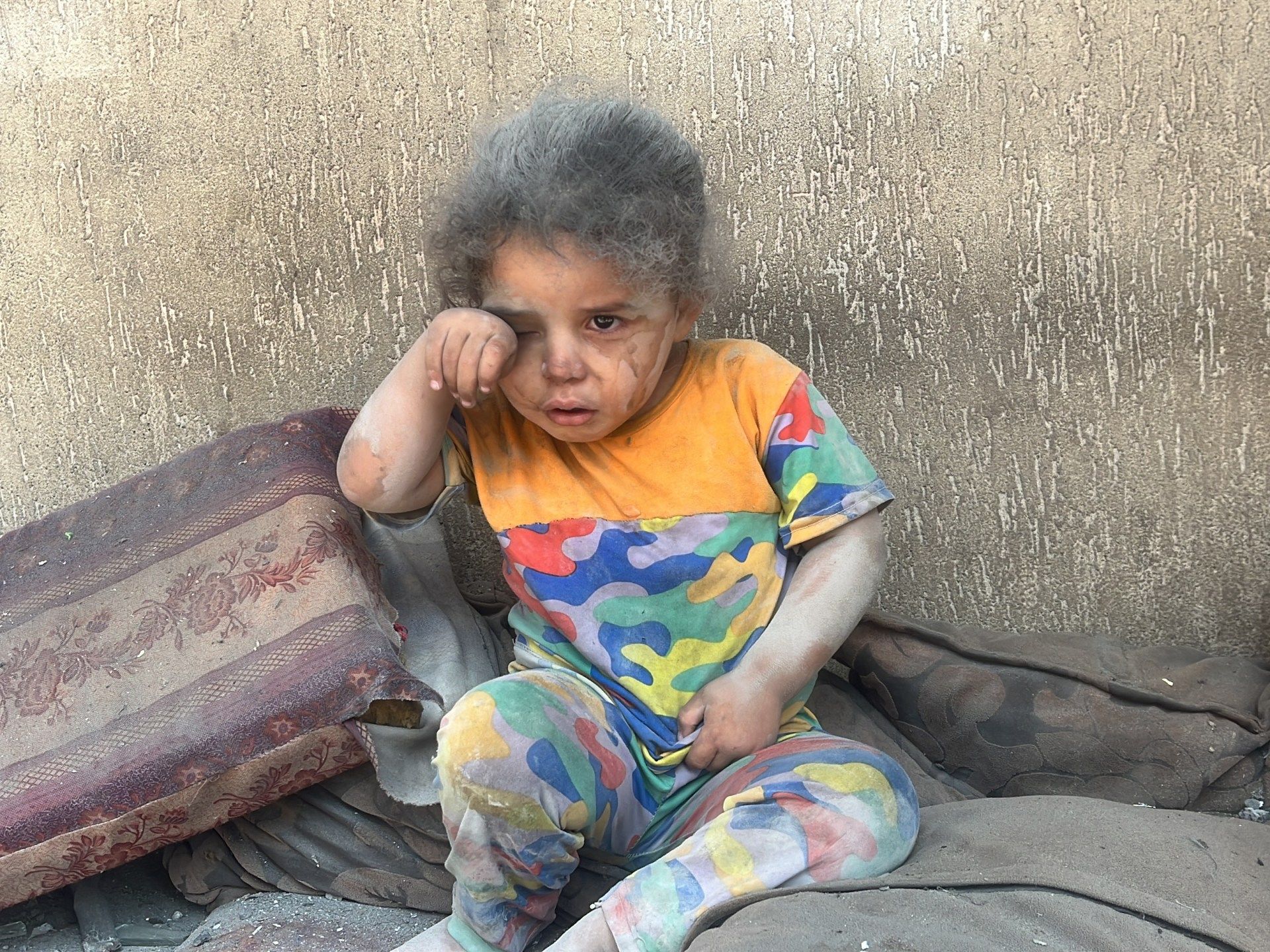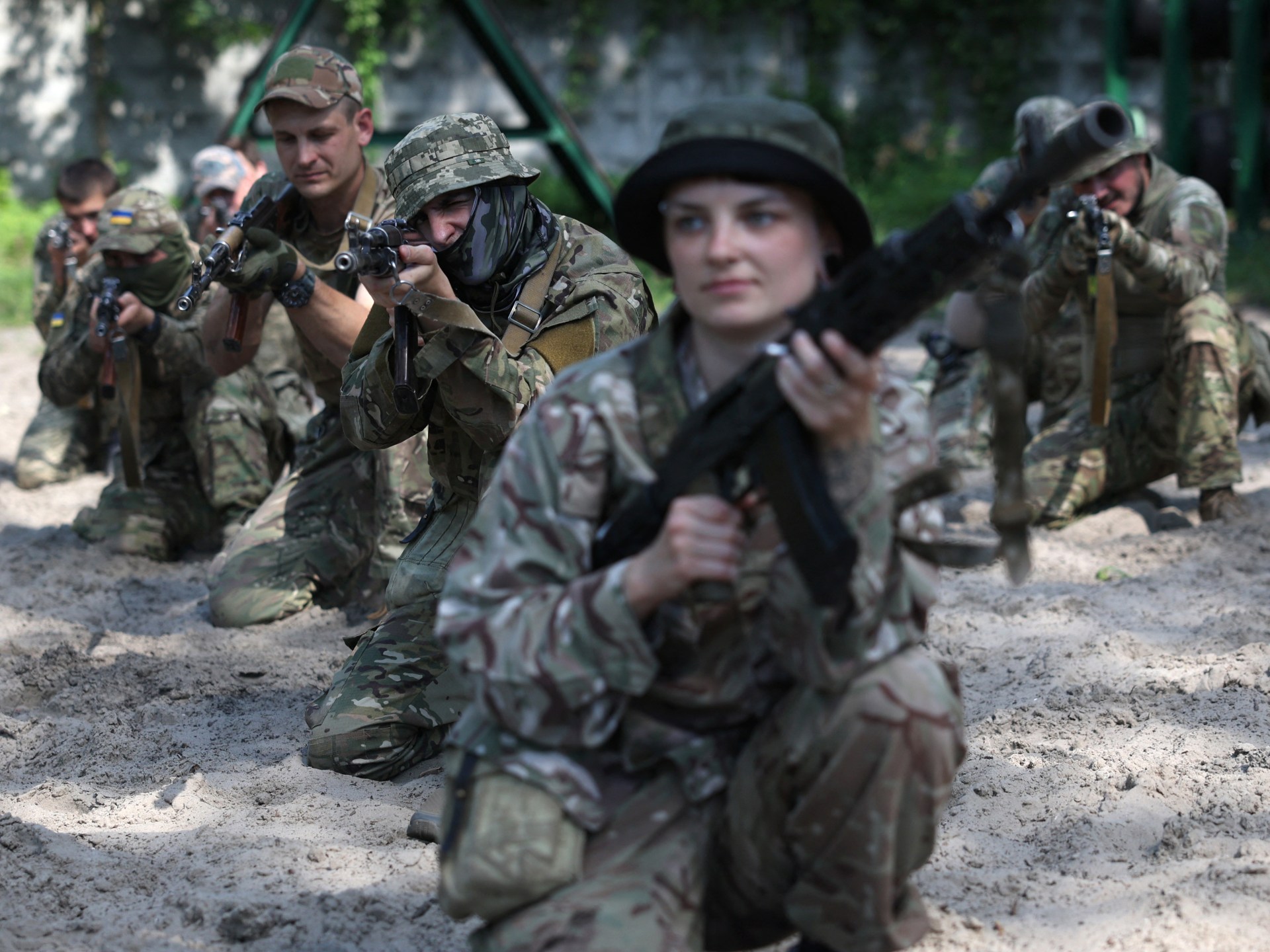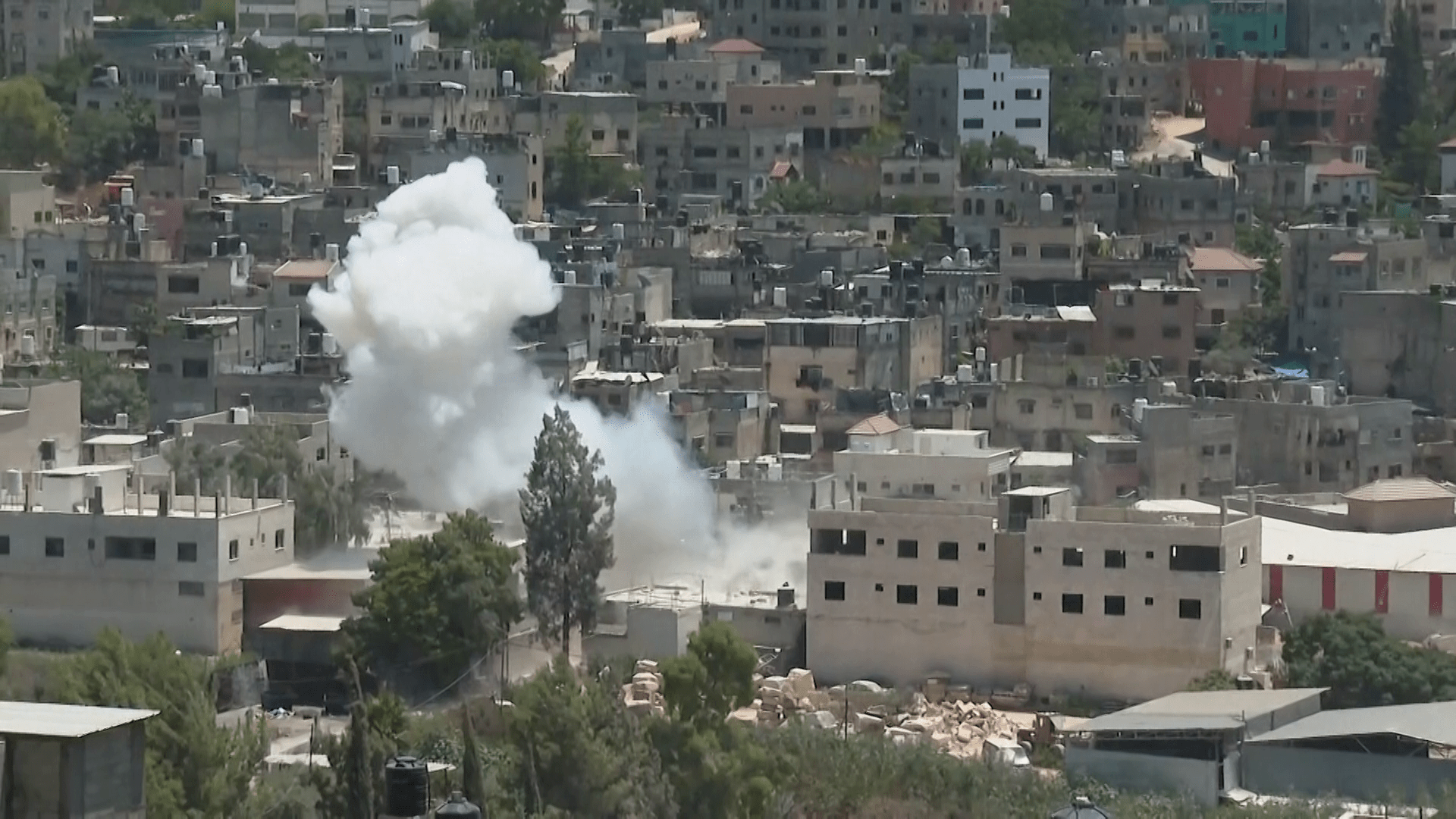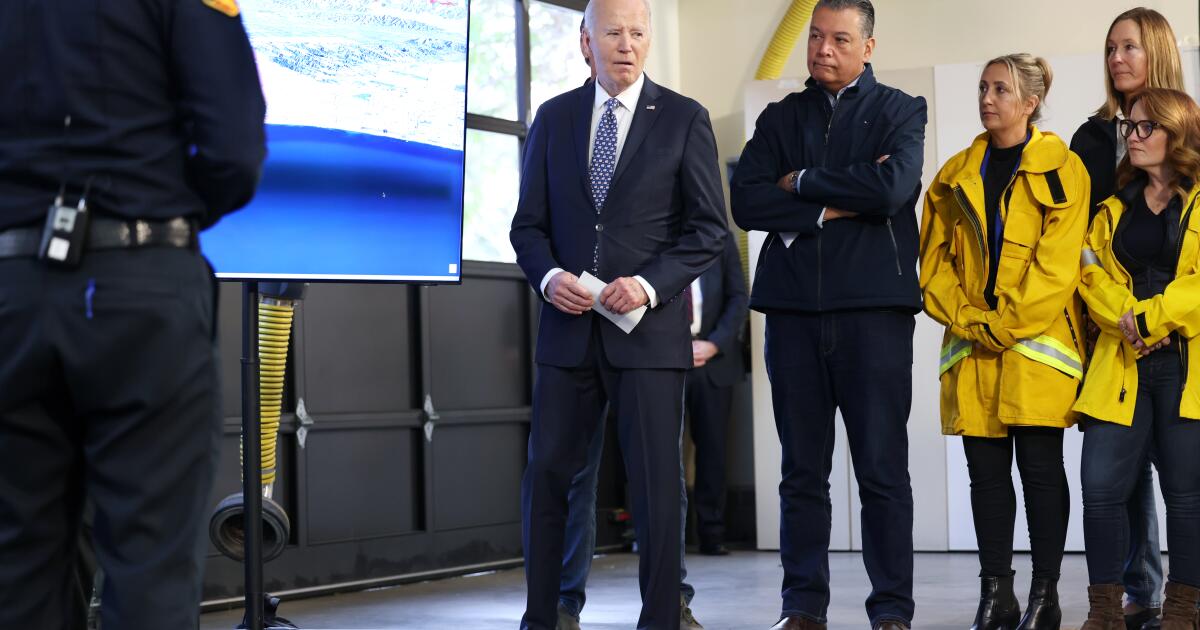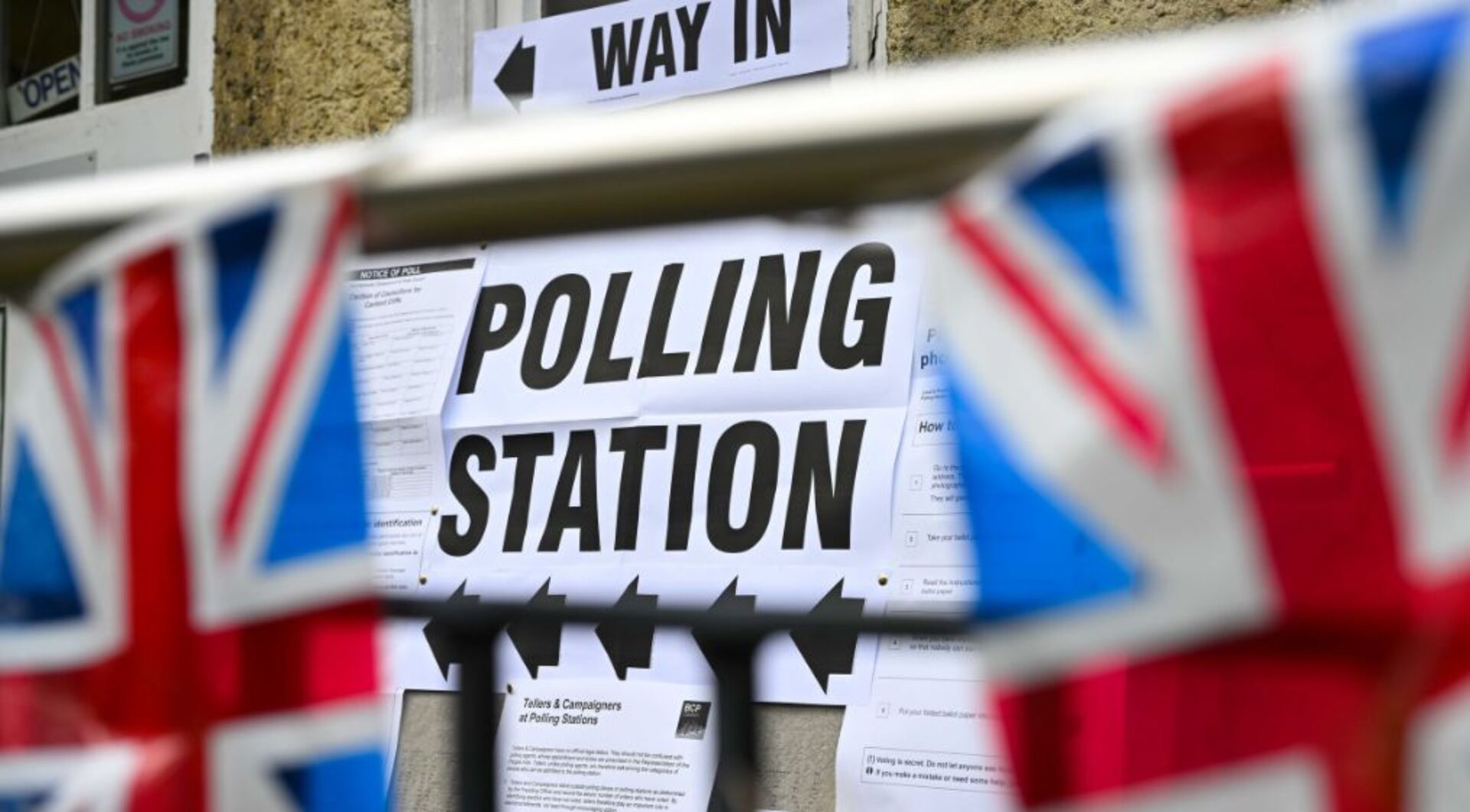At least eight UN-run schools that shelter displaced Palestinians have been attacked by Israel in the past 10 days.
The United Nations Relief and Works Agency for Palestine Refugees in the Near East (UNRWA) says 120 of its educational institutions have been attacked since Israel began its war on Gaza on October 7.
Families living in abandoned classrooms face fatigue, trauma, and the overcrowded and unsanitary conditions of shelters overcrowded far beyond capacity.
Despite the harsh conditions and risk of bombing, many seek the relative safety of UN schools, some guided by memories of past wars where these spaces provided refuge, and since at least 2017, a couple were designed to double as emergency shelters with additional power, sanitation and generator facilities.
Protection
“You hope that UN membership can protect you,” said journalist Mohammed Mhawish, 25, who took refuge in a UN-run school in Gaza City with his wife, two-year-old son and parents after an Israeli strike destroyed their home in December, trapping them under rubble for two hours until neighbours freed them.
“You have to remember that there are few residential compounds or any other place in Gaza where one can take refuge,” he said, recalling how his neighbours had taken in the injured family after rescuing them.
It soon became clear that the apartment was overcrowded. However, it was the Israeli shelling and ground attacks on their neighbourhood that forced their family to walk an hour and a half to the nearest UN-run school, a 15-minute drive away.
“It’s a central point. There’s nowhere else you can access help or medicine,” he said, speaking from Cairo, where his family now lives. “To be clear, there’s not much. There’s a shortage of everything. It seems like you spend all your time standing in line to get less and less, but it’s something.”
Mohammed added that “from a practical perspective, you cannot share what you do not have. The more people there are in the school, the less food, water and medicine there will be.”
In winter, blankets and mattresses were in short supply and they were forced to drink contaminated water, which increased the risk of illness. In addition, there was always the threat of bombing.
“It was always there,” Mohammed recalled. “Nowhere was safe. People just sat and waited.”
Still, for some, there was a sense of support. “For some people, it’s nice to be around other people who have gone through the same kind of trauma,” she said. “People share their experiences with each other and that can help.”
But Mohammad found it unbearable to see how traumatised his son Rafik had been after the bombing they survived. “He stopped communicating. He didn’t cry. He didn’t show any emotion, there was nothing,” Mohammed recalled. “He stopped remembering how to be a child.”
Then, in January, an Israeli evacuation order forced them to leave the school to seek shelter in the garage of a destroyed apartment building.

Nine out of ten displaced people
“People choose these schools because they believe that taking refuge under the UN flag, as stated in international law, should provide security,” Louise Wateridge, a communications officer at UNRWA, told Al Jazeera from Gaza. “For civilians, schools provide security in times of war. Under the UN flag, these schools should be protected.”
But the agency faces several challenges in getting supplies to people, even as they shelter in place at schools.
“A number of factors continue to prevent humanitarian supplies from reaching Gaza,” he said. “These include the siege, restrictions on movement and the safety of humanitarian workers,” he said, highlighting the limited aid and equipment, much of it medical, that the Israeli military is allowing into Gaza, as well as the unpredictability of life in a conflict zone where the Israeli military regularly orders school occupants to evacuate their homes and head to another area it designates as a “safe zone.”
“People continue to be forcibly displaced,” Wateridge continued. “It is estimated that nine out of ten people in Gaza are displaced. Many of them have been displaced up to ten times since the war began. Prolonged forced displacement makes it very difficult for us to verify the data and figures.”
In addition, Wateridge said, “there has been a breakdown in law and order as a result of nine months of horrific living conditions, war, hunger, siege and chaos.” Aid workers are also reporting an increase in cases of violence and gender-based violence in schools.
“There is growing concern that cholera could spread and further deteriorate inhumane living conditions,” Wateridge added. [The World Health Organization] “There has been an increasing number of reports of adults and children suffering from waterborne diseases such as hepatitis A, diarrheal diseases, skin conditions and others.”
Psychological Support
Ahmad Swais, a psychologist with the international medical organisation Médecins Sans Frontières (MSF), has witnessed how gatherings of large numbers of people lead to “a lot of suffering and different experiences”.
“This increases the negative psychological and social impact on people,” he said from Nasser Hospital in southern Gaza. “It increases the severity of psychological symptoms in individuals and families who gather in the same place, whether in schools or other shelters.”
Schools offer little respite or space for those who arrive traumatized or severely injured by the fighting, Swais said. Many feel a sense of dehumanization in the harsh conditions.
Children are the most psychologically affected by repeated displacement and war. [are a] “There are a large number of children who urgently need a psychological support programme. It is essential to create a child-friendly environment and a safer place to live and preserve their dignity and basic humanity,” she said.
Yet, despite the difficulties, “these people living in shelters like UNRWA schools feel they are luckier than those living in plastic tents and sleeping in the sand.”

